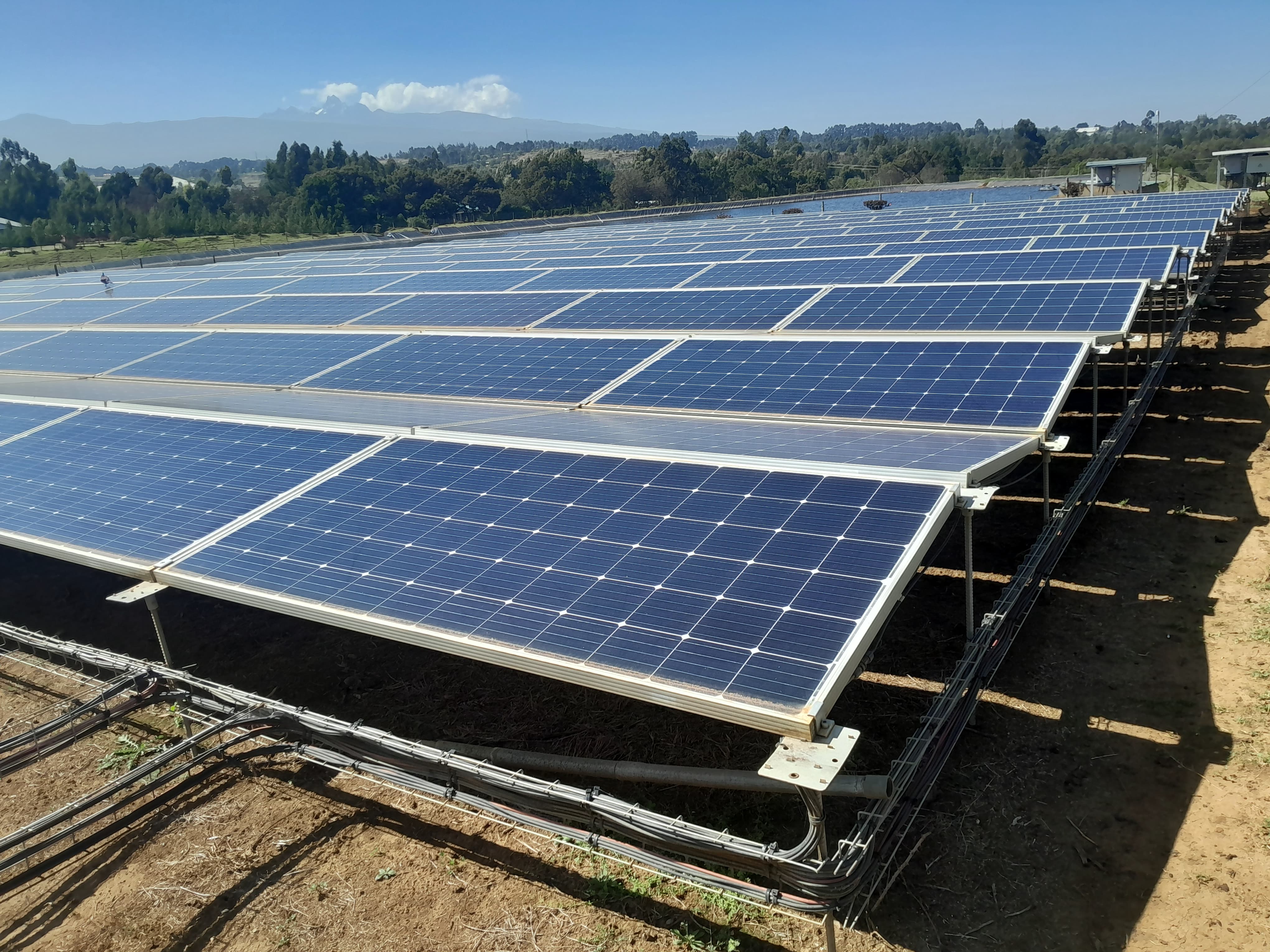As of 2023, Africa’s solar energy capacity has reached an impressive 13.5 gigawatts (GW), up from 12.7 gigawatts in 2022, marking an increase of more than 8%. This growth is part of a remarkable trend—since 2011, Africa’s solar capacity has grown from just 331 megawatts (MW), a sixteen-fold increase. This rapid expansion is reshaping Africa’s energy landscape, with solar energy becoming a powerful tool for both sustainability and energy access. (Source: Statista)

Africa is embracing solar power at an accelerating pace, and the transformation is already making a lasting impact on homes, businesses, and entire communities.
The Rise of Solar Power in Africa: A Timeline of Growth
Africa's solar energy journey has been nothing short of impressive. Over the past decade, the continent’s solar capacity has surged thanks to technological advancements, falling costs, and an increasing demand for sustainable energy solutions.
- 2011: Africa’s solar capacity was just 331 MW, a modest beginning.
- 2015: Solar capacity grew to 2.3 GW, as investments and innovations began to take root.
- 2023: The capacity reached 13.5 GW, an increase of more than 8% from the previous year.
This ongoing expansion underscores solar power’s growing role in Africa’s future energy mix, offering a sustainable solution to power millions of homes and businesses across the continent.
What’s Driving Solar Energy Growth in Africa?
Several key factors are contributing to solar power’s increasing dominance in Africa:
-
Decreasing Costs
The price of solar panels has dropped significantly, making solar energy more affordable and accessible for African countries, businesses, and consumers alike. -
Innovative Financing Models
Pay-as-you-go (PAYG) models have made solar power more accessible, particularly in off-grid regions. Consumers only pay for the energy they use, making solar energy a flexible, low-upfront-cost option. -
Government Support
Many African governments are introducing favorable policies and incentives, such as tax breaks and subsidies, to encourage the widespread adoption of solar energy. -
International Investment
Solar energy has attracted significant investment from international organizations, such as the African Development Bank (AfDB), helping to accelerate large-scale solar projects across the continent. -
Addressing Energy Access
With over 600 million people in Africa lacking access to electricity, solar energy is an ideal solution. Off-grid solar systems are helping to bring electricity to remote and underserved areas, improving the quality of life and fostering economic development.
The Future of Solar Energy in Africa: A Brighter Tomorrow
Africa’s solar energy future looks incredibly promising. As more countries invest in solar energy infrastructure, we expect to see even greater growth in the coming years. By 2025, solar power will play a larger role in meeting the energy needs of Africa’s growing population.
Countries like South Africa, Kenya, and Egypt have become leaders in solar adoption, and their success stories are setting the stage for others to follow. As solar technology continues to improve, costs continue to fall, and the need for sustainable energy grows, solar power will remain a cornerstone of Africa’s energy future.
Why Solar Energy Matters for Africa
The rise of solar energy in Africa is not just about increasing electricity access—it’s about creating a cleaner, greener, and more sustainable future for generations to come. Solar power offers numerous benefits:
-
Lower Energy Costs
Solar power helps businesses and communities lower their electricity bills and reduce dependence on expensive fossil fuels. -
Job Creation
The growing solar industry is creating jobs in manufacturing, installation, and maintenance, contributing to local economies. -
Sustainable Growth
Solar energy reduces greenhouse gas emissions and helps mitigate climate change, aligning with global sustainability goals.
Africa's Solar Revolution Has Just Begun
Africa’s solar energy capacity has come a long way, from just 331 MW in 2011 to 13.5 GW in 2023. This growth is a testament to the power of innovation, investment, and collaboration. As solar energy continues to expand, it is not only lighting up communities but also driving sustainable growth across the continent.

